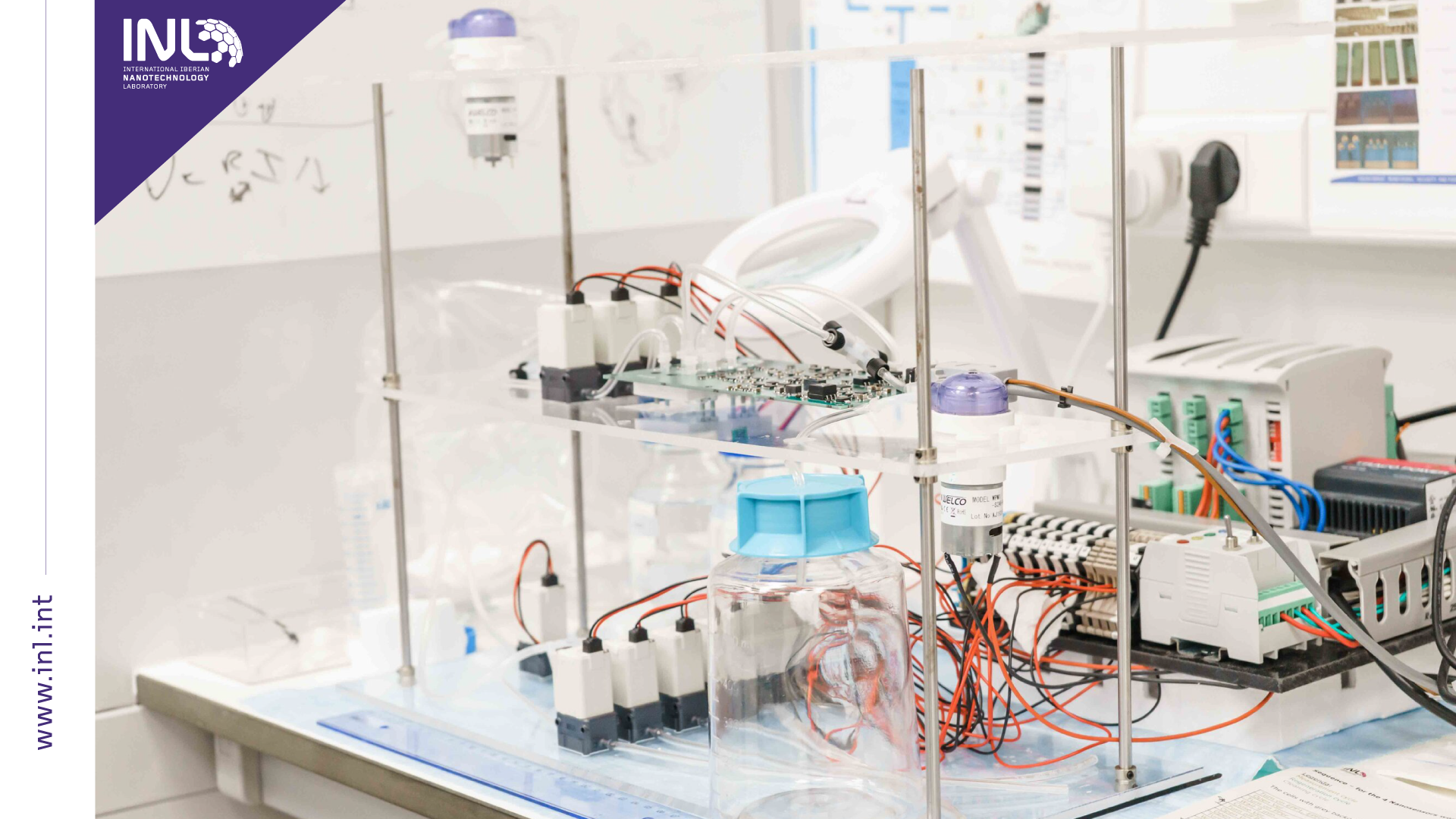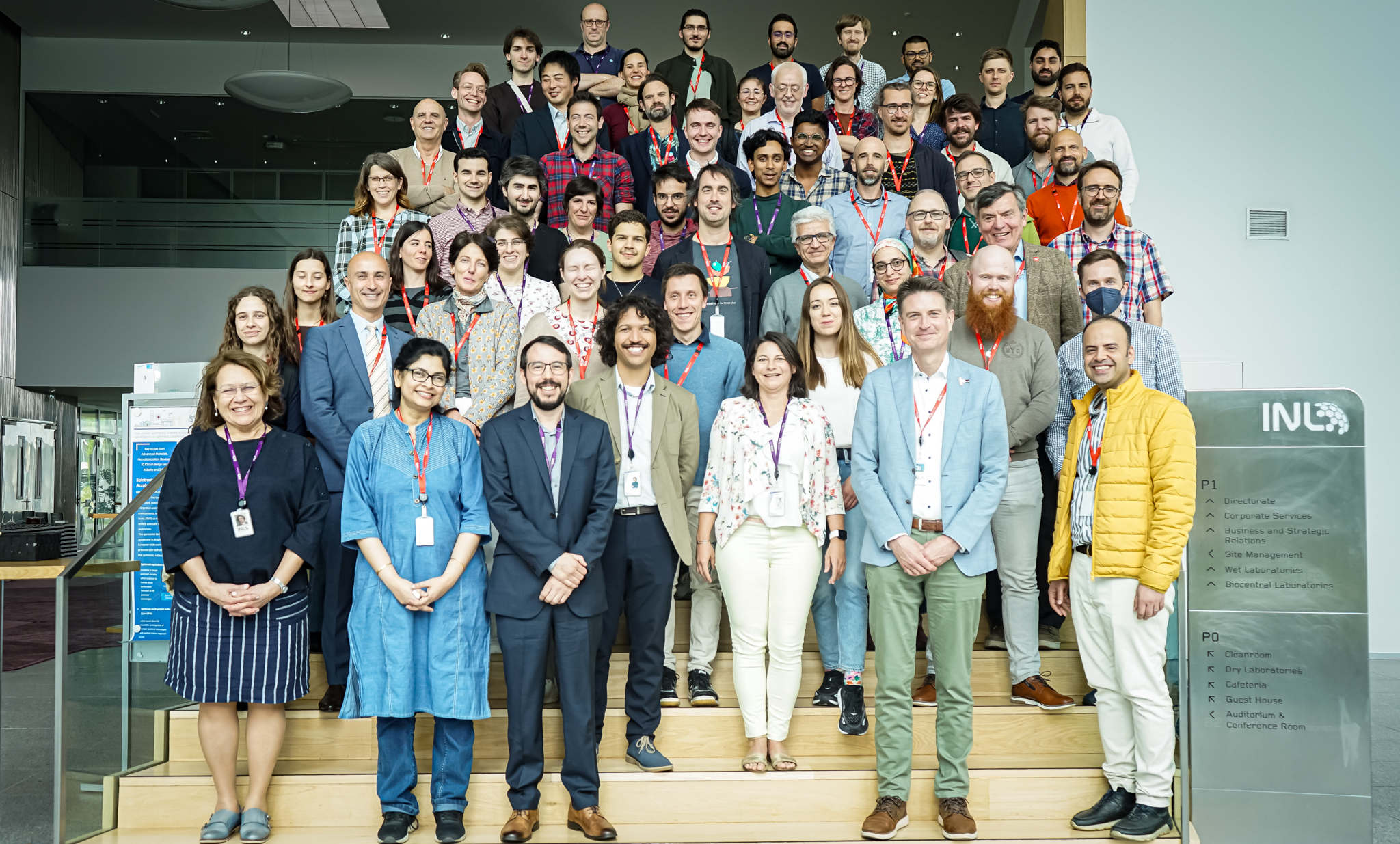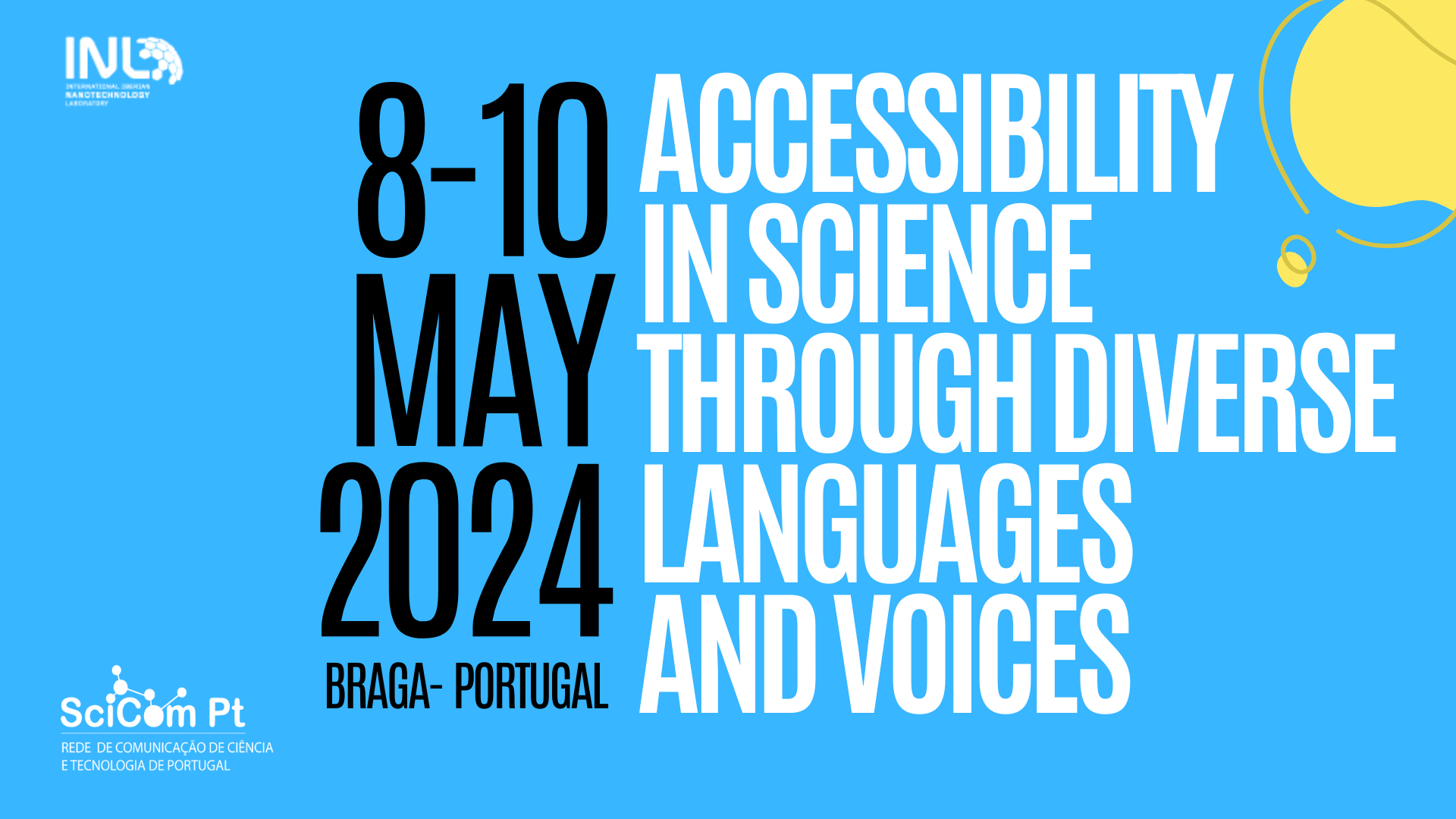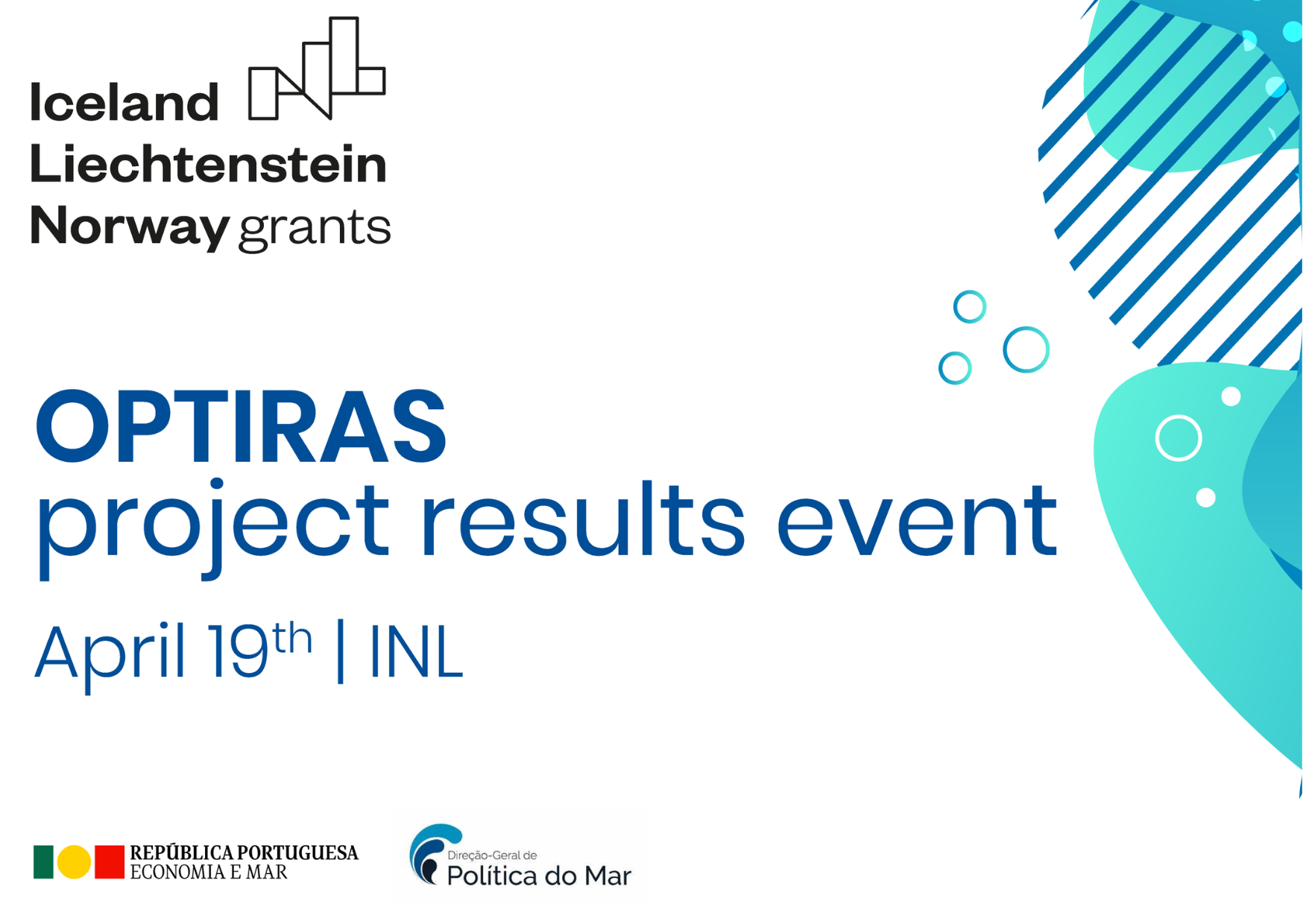
NANOCULTURE, monitoring the exposure of the nanoparticles on aquaculture specimens
August 18, 2022
The use of engineered nanoparticles is growing significantly, and many of the products used in our everyday life, such as water filters, dyes, cosmetics, fabrics, food packaging or cleaning products, have metallic nanoparticles in their composition.
However, the studies of risks and mitigation of the presence of nanoparticles in the environment are lagging far behind, representing a critical environmental and safety challenge.
Given the importance of the aquaculture sector for the Atlantic Area, possible adverse effects of the use of engineered nonpoint sources of pollution in aquaculture should be well understood in order to ensure maximum safety of food products and the environmental-related impacts of the activity. Therefore, the objective of NANOCULTURE is to advance the knowledge, risk assessment and mitigation of the environmental presence of the most-used engineered nanoparticles in market products: titanium dioxide and silver nanoparticles.
The focus of the project is the aquatic ecosystems related to aquaculture, a sector of high economic relevance in the Atlantic area, namely organisms used for human consumption (cultured fish, molluscs, seaweed, sea urchins). INL researchers from the Water Quality research group developed sensors able to detect the presence of engineered metallic nanoparticles in aquaculture. Furthermore, these sensors can monitor the exposure of the nanoparticles on aquaculture specimens, and bioaccumulation, and assess their impact on human intake.
The NANOCULTURE project is a strong collaboration between INL and Centro Interdisciplinar de Investigação Marinha e Ambiental (CIIMAR (Portugal), Indigo Rock Marine Research Station (Ireland), Universidade de Vigo, Universidade de Santiago de Compostela and Centro Tecnológico del Cluster de la Acuicultura de Galicia (Spain) and will have it’s final event on September 22, 2022. An open event that will gather aquaculture professionals, scientific profiles (analytical chemists, physical chemists, and molecular biologists) and anyone who finds curiosity in this area of study. Join us!



